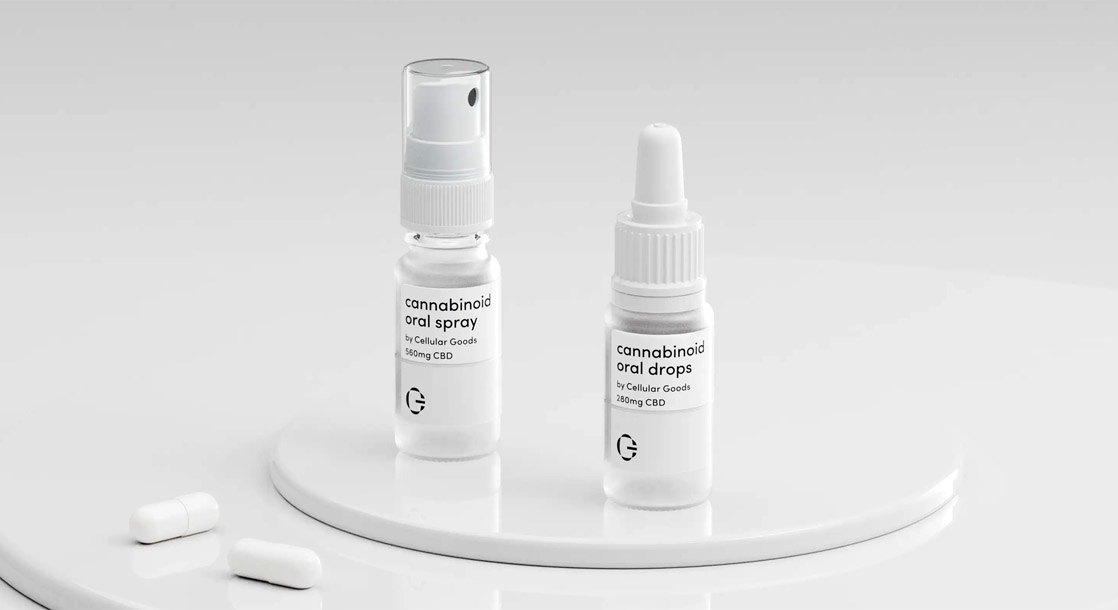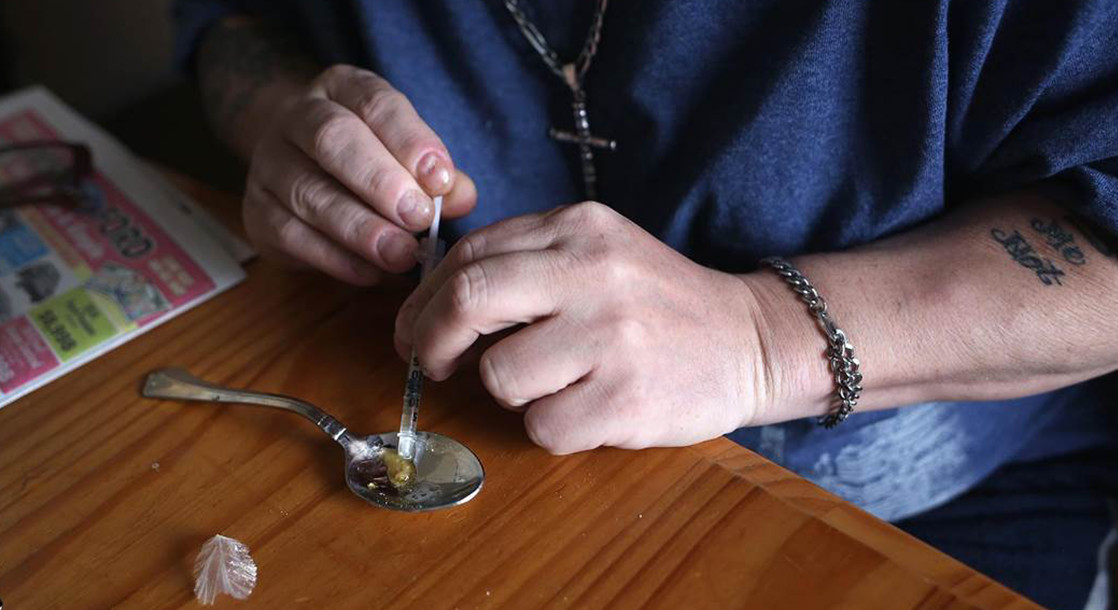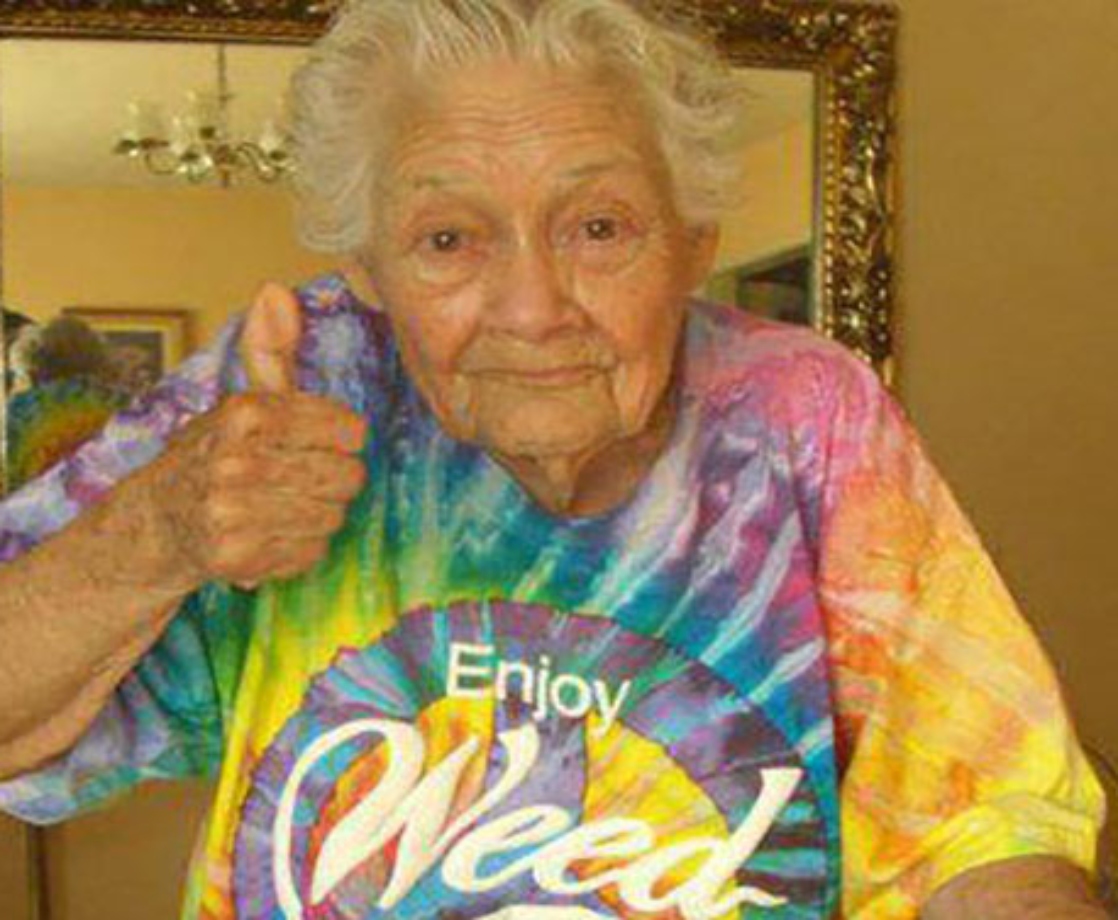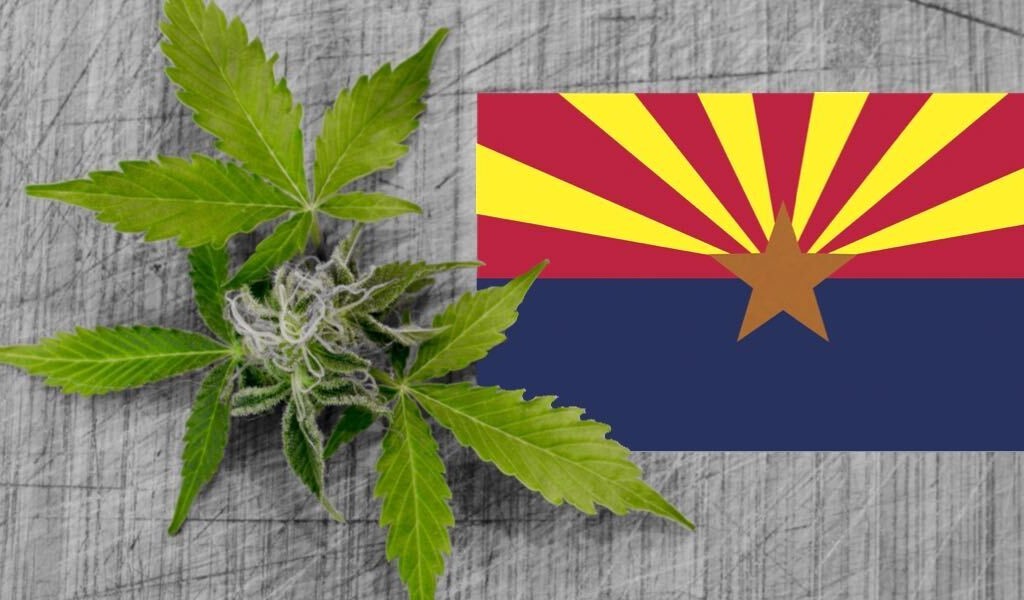Cover image via
UK soccer star David Beckham’s lab-made cannabinoid product line Cellular Goods is struggling to make good on earlier promises of success — and representatives are blaming the drag on social media’s repressive ad policies.
On Monday, the company’s shares had fallen to five pence a piece, as compared to the 20.50 pence price it was commanding at the end of the day it went public on the London Stock Exchange in February of last year.
“Google, and Meta’s platforms Facebook and Instagram, prohibit advertising cannabis-derived products, which has prevented the Company’s products from being promoted there,” the company said in a press statement released on Monday. “The ban severely constrained the Company’s ability to promote its products to consumers, affecting sales.”
Facebook’s ad policy states that “Ads must not promote the sale or use of illicit or recreational drugs, or other unsafe substances, products or supplements, as determined by Facebook in its sole discretion.” Google’s “dangerous products or services” policy includes cannabis under a section marked “recreational drugs,” which seemingly does not leave much space for promoting medicinal cannabinoid products.
It’s all kind of a bummer because Cellular Goods’ products aren’t even made of cannabis, strictly speaking. Their cannabinoids are produced artificially in labs.
The company’s statement, which also blamed other factors such as a disappointing product launch in December, said that Cellular Goods is lobbying the tech giants to change their policies in regard to cannabis and cannabis-derived products.
It is certainly not the only cannabis company to complain of certain platforms’ rather retro take on what constitutes a “dangerous product.” The NFL’s no-tolerance policy on cannabis ads during the Super Bowl is a recent, high-profile example of the limitations that are placed on cannabis purveyors, even if they’re playing by the book in their state or country.
Cellular Goods’ line is comprised of products made of synthetic CBD and CBG, including aftershave, face oil and serum, vegan CBD capsules, oral spray, and oral drops. “High-quality, efficacy-led cannabinoid skincare and ingestible solutions that are formulated with pure, lab-made cannabinoids,” according to the brand’s website, which does not mention Beckham’s involvement with the company.
Such a lackluster current status stands in stark contrast to the company’s extremely encouraging stock market debut last year. Cellular Goods shares quadrupled in price in their first day on the London Stock Exchange in February 2021. It was one of the first publicly-traded UK cannabis brands, following a September 2020 decision by the country’s financial authority that marijuana companies could hit the stocks — if they sold medicinal products.
“We are delighted with the tremendous support we have received from institutional capital and the unprecedented level of interest shown by retail investors for an IPO of this size,” CEO Alexis Abraham said at the time in a press statement.
In 2021, Marketwatch reported that Cellular Goods was forecasted to become a $3.5 billion enterprise in five years. Its products were slated to begin selling on Amazon Marketplace this week, and the company is predicting the launch of four more products in 2022.
Though Beckham is the public face of the company, the Evening Standard reports that the former outfield player — whose wild winning record includes 19 major trophies, nabbed while playing for four different teams — owns less than five percent of the firm. It’s not his only high-profile business venture: The two-time FIFA World Player of the Year has also invested in electric cars and e-sports.
Follow Caitlin on Instagram, and catch her Spanish-language podcast Crónica on Spotify and Mixcloud.











